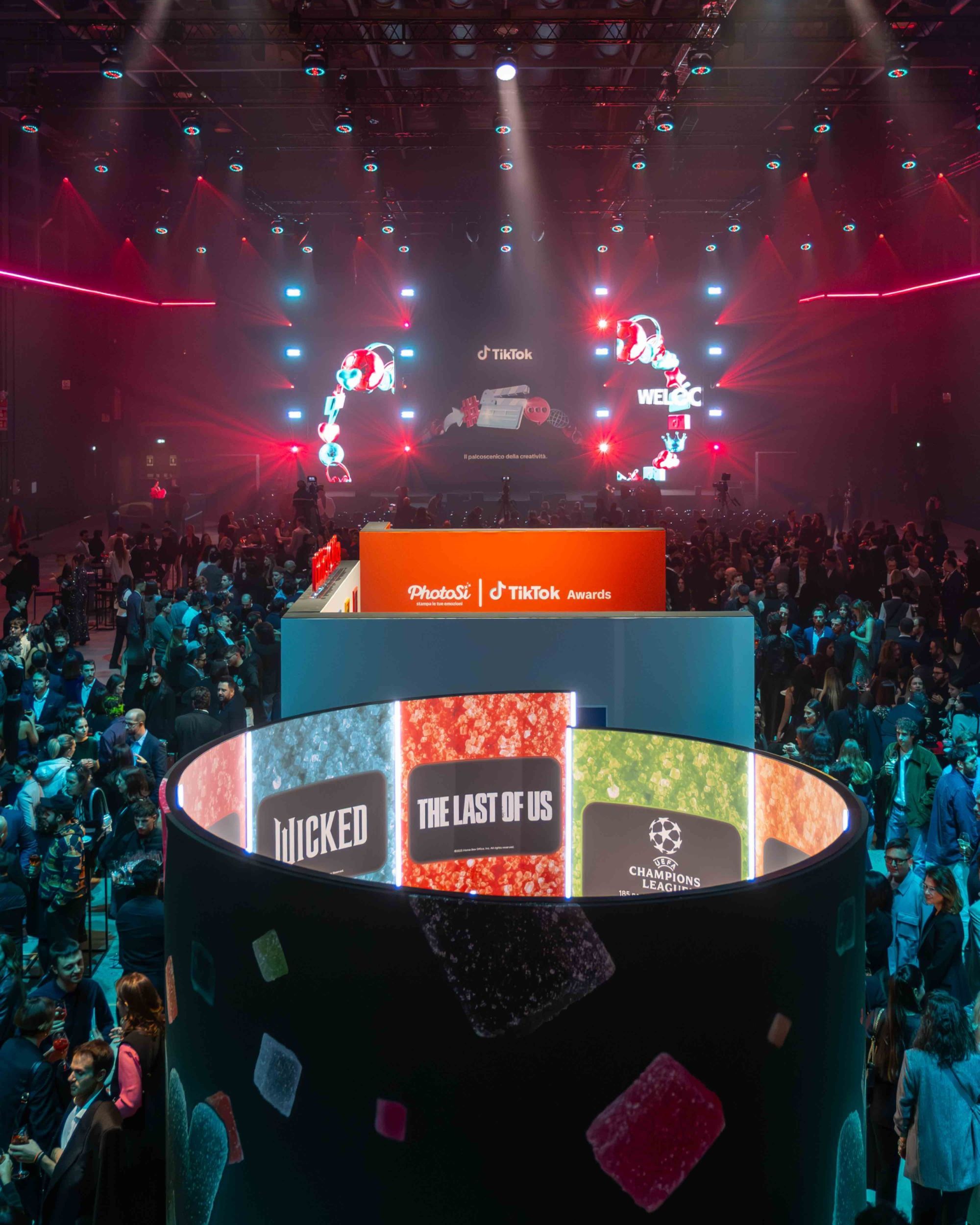
TikTok is getting closer to being banned in the U.S. But a billionaire could solve the situation
Today, the United States Supreme Court will face an unprecedented case that could radically change the world of social media in America: the TikTok ban. The social media platform owned by the Chinese company ByteDance could soon face a potential national ban starting January 19 unless a buyer intervenes to make it a U.S.-based company, thereby addressing the data security concerns troubling the U.S. government. TikTok currently has about 170 million monthly active users in the United States, more than half the U.S. population, though still a small fraction of the app's over 1.5 billion users worldwide. However, TikTok's widespread popularity in the U.S. raises concerns for the government, which fears data leaks and security risks due to the foreign ownership of the platform. This led to President Biden signing the Protecting Americans from Foreign Adversary Controlled Applications Act (PAFACA) in 2022, a law that effectively requires ByteDance to sell TikTok to a non-Chinese company by January 19, 2025. If this does not happen, the law stipulates that the app will be banned in the United States. The approval of the law enjoyed bipartisan support in Congress, with the majority of members from both parties expressing concern about the potential Chinese interference with American data. The problem is that ByteDance has not yet found a buyer, further complicating the situation, even though billionaire Frank McCourt has offered to purchase the app, move it to the U.S., and even modify its algorithm—a plan which, as reported by Forbes in its latest updates, would require enormous financial investments.
The main accusation against TikTok is that, as it is owned by ByteDance, the app could allow the Chinese government to access sensitive data of American users. This data includes GPS locations, browsing histories, private messages, and other personal information. Furthermore, there is concern that TikTok could be used to spread misinformation or influence American public opinion, especially during election periods, much like Elon Musk has with X. However, no concrete evidence has been presented to prove espionage or manipulation activities, and TikTok and ByteDance have repeatedly denied the accusations, emphasizing that all U.S. user data is now stored on Oracle cloud servers located on U.S. soil. These justifications, however, have not convinced the U.S. government, which currently considers the app a threat. The key issue the Supreme Court will have to discuss is whether the TikTok ban violates the First Amendment of the United States Constitution, which protects freedom of expression, as a ban on the app could be interpreted as an obstacle to free speech and a dangerous precedent for the regulation of other digital platforms.
an entire state is burning down, their next president is threatening literal war with multiple countries and most americans cant even afford groceries anymore but SURE! LETS BAN TIKTOK!!! https://t.co/uXclh3f3Lw pic.twitter.com/omSNOig9hS
— lara (@ghostinkissys) January 9, 2025
If the ban is approved, its implementation will be anything but simple, as the law would not require users to uninstall TikTok nor mandate the government to directly block access to the app. Instead, it would regulate TikTok through technical restrictions such as banning the distribution, maintenance, or updating of the app, and prohibiting the provision of hosting or technological infrastructure services necessary for the app’s operation. TikTok could be removed from Apple and Google app stores, preventing users from downloading updates or new versions of the app, which over time would become plagued by bugs and security issues, rendering it almost completely unusable. The app could also lose its service providers for content distribution, payments, and advertising services, creating a "technical decay" with longer loading times and video upload issues.
@yenaxkim The offers are starting to roll in for Bytedance, TikTok’s parent company ahead of their Jan 19 ban #tiktokban2025 #tiktokvsmeta #technews #frankmccourt #tiktokacquisition original sound - yenakim
The implications from a marketing industry perspective are obviously devastating. In the United States, the advertising market on TikTok is worth over ten billion dollars, according to Statista, and the app has significantly contributed to the growth of small and medium-sized businesses. Furthermore, a TikTok ban in the United States could have global repercussions. Countries like India already banned the app in 2020, citing national security reasons, but this created a "digital void" only partially filled by alternatives like Instagram Reels and YouTube Shorts. The ban could accelerate the fragmentation of the internet, creating what Forbes calls a "splinternet", where access to digital platforms varies by geography. According to Prateek Waghre, a technology policy expert in India interviewed by Forbes: «This fragmentation is a betrayal of the original spirit of the internet, conceived as a free and universal space». The countdown to January 19 has begun, and the app could be banned a day before Donald Trump’s inauguration, as he has promised to save the app that greatly helped his campaign. However, his proximity to companies like X and Meta, rivals of TikTok, could push him to eliminate the competition for them and establish the dominance of U.S.-made social media platforms.













































